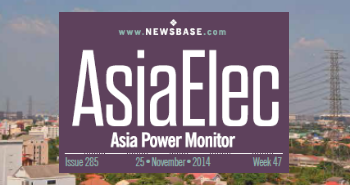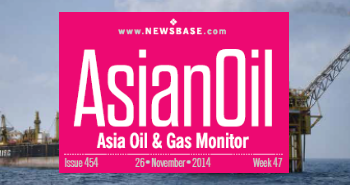South Korean firms join Australian low-carbon project
_Cropped_(1).jpg)
A consortium of South Korean energy firms led by Korea Southern Power Co. (KOSPO) has partnered with Australia’s Pilot Energy to develop the MidWest Clean Energy low-carbon ammonia project in Western Australia’s Perth Basin, they reported last week.
The initiative seeks to produce blue ammonia for hydrogen co-firing in coal-fired power plants in Korea, supporting the country’s transition towards lower-emission energy solutions.
The project involves converting the former Cliff Head oil well in the Perth Basin into a carbon capture and storage (CCS) facility. Pilot Energy, which acquired the well from Triangle Energy, intends to store liquefied carbon emissions from industrial sources in Western Australia, generating revenue through third-party carbon storage services.
The consortium, which also includes Korea East-West Power, Samsung C&T and hydrogen producer Approtium, plans to use a fuel blend of 20% ammonia and 80% coal at KOSPO’s 2,044-MW Samcheok thermal power plant (TPP) in Gangwon-Do, Korea. The strategy aims to lower emissions while maintaining energy output.
A non-binding project framework agreement has been signed between the consortium and Pilot Energy to progress the development. The next steps include completing a front-end engineering design (FEED) request by March 15, securing contractors for blue hydrogen production solutions, and finalising project ownership, ammonia offtake arrangements and a final investment decision (FID) by mid-2024.
The agreement sets a target for FEED work to commence by August 1, contingent on a binding agreement being executed by June 30.
MidWest Clean Energy, which is 100%-owned by Pilot, aims to produce 1.2mn tonnes per year of low-carbon ammonia starting in 2027. The CO2 storage potential at the Cliff Head site is estimated at 1mn tpy.



Follow us online